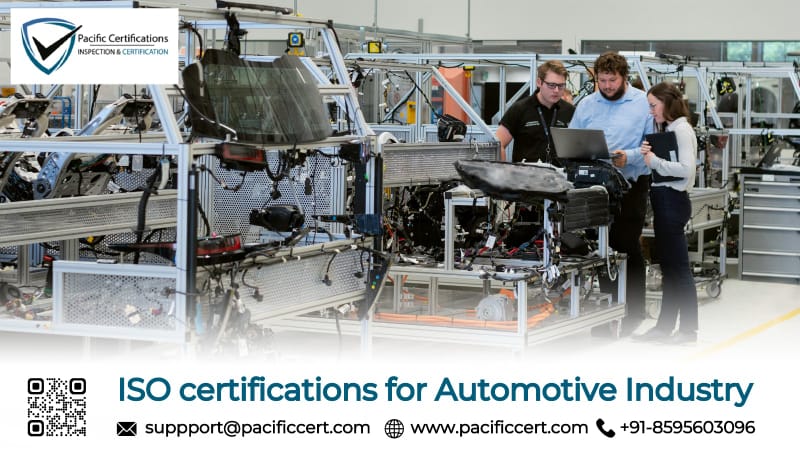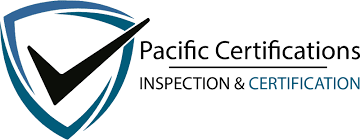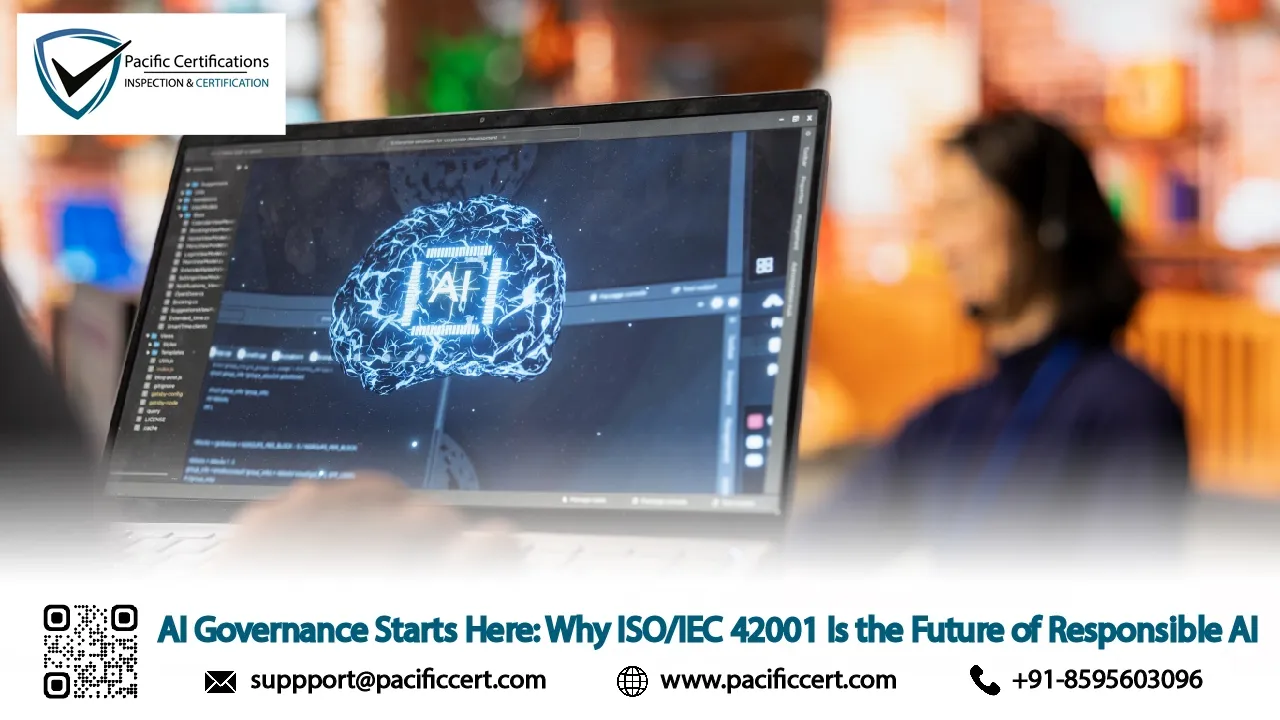
Introduction
The automotive industry is one of the most dynamic sectors globally, characterized by rapid advancements in technology, stringent regulatory requirements, and high customer expectations.
ISO certifications play an important role in ensuring that automotive companies meet these demands while maintaining quality, safety, and efficiency in their operations.
Key ISO Standards for the Automotive Industry
ISO 9001:2015 - Quality Management Systems:
ISO 9001 is designed to help organizations ensure they meet the needs of customers and other stakeholders while complying with statutory and regulatory requirements.
IATF 16949:2016 - Quality Management System:
Requirements for Automotive Production IATF 16949 aligns with ISO 9001 but includes additional requirements specific to the automotive sector. It focuses on defect prevention, reduction of variation and waste, and continuous improvement, making it essential for automotive manufacturers and suppliers.
ISO 14001:2015 - Environmental Management Systems:
ISO 14001 provides a framework for effective environmental management. helps companies to demonstrate their commitment to reducing their environmental footprint, complying with legal requirements, and improving their environmental performance.
ISO 45001:2018 - Occupational Health and Safety Management Systems:
ISO 45001 helps organizations manage workplace health and safety risks.
ISO 27001:2022 - Information Security Management Systems:
ISO 27001 certification ensures that automotive companies have robust information security management systems in place to protect sensitive data and maintain the integrity of their information assets.
ISO 50001:2018 - Energy Management Systems:
ISO 50001 provides a framework for establishing, managing, and improving energy performance.
Click here to find out more applicable standards to your industry
How we can help?
We at Pacific Certifications specialize in providing comprehensive audit and certification services for a wide range of ISO standards relevant to the automotive industry. We focus exclusively on auditing and certification, ensuring an impartial and thorough evaluation of your management systems.
Our Process:
- Initial Assessment: We begin with a detailed assessment of your organization's existing management systems to identify gaps and areas for improvement.
- Certification Audit: Our experienced auditors conduct an on-site/online audit to evaluate your compliance with the relevant ISO standards. We thoroughly examine your processes, procedures, and documentation to ensure they meet the required criteria.
- Certification Issuance: Upon successful completion of the audit, we issue the ISO certification, validating your company's adherence to the highest standards of quality, safety, and efficiency.
- Surveillance Audits: To maintain certification, we conduct regular surveillance audits to ensure ongoing compliance and continuous improvement of your management systems.
Market Trends
The automotive industry is witnessing significant transformations in 2025, driven by advancements in electric vehicles (EVs), autonomous driving technology, and stringent environmental regulations.
Companies are increasingly adopting ISO 50001 to optimize energy management and reduce greenhouse gas emissions, aligning with global sustainability goals.
Additionally, the rise in cyber threats has underscored the importance of ISO 27001 certification to safeguard sensitive information and maintain customer trust.
Contact us today to get started with your certification process!
Requirements of ISO Certifications for Automotive Industry
ISO 9001:2015 - Quality Management Systems Requirements:
- Establish a quality management system (QMS) that meets the standard’s criteria.
- Document processes, procedures, and responsibilities.
- Perform internal audits to ensure QMS effectiveness.
- Implement continuous improvement processes.
- Conduct management reviews to assess QMS performance.
- Engage in customer satisfaction measurement and improvement.
IATF 16949:2016 - Automotive Quality Management System Requirements:
- Meet all ISO 9001:2015 requirements.
- Address specific automotive industry needs such as defect prevention and waste reduction.
- Implement a structured process for risk management.
- Document specific requirements for suppliers.
- Conduct regular internal audits and management reviews.
ISO 14001:2015 - Environmental Management Systems Requirements:
- Develop an environmental policy and objectives.
- Identify and evaluate environmental aspects and impacts.
- Ensure compliance with legal and other requirements.
- Implement operational controls to manage significant environmental aspects.
- Monitor and measure environmental performance.
- Conduct internal audits and management reviews.
ISO 45001:2018 - Occupational Health and Safety Management Systems Requirements:
- Establish a health and safety policy.
- Identify hazards and assess risks.
- Implement control measures to mitigate risks.
- Ensure compliance with legal and other requirements.
- Provide training and awareness for employees.
- Monitor and measure health and safety performance.
- Conduct internal audits and management reviews.
ISO 27001:2022 - Information Security Management Systems Requirements:
- Establish an information security management system (ISMS).
- Identify information security risks and implement controls to manage them.
- Ensure compliance with legal, regulatory, and contractual requirements.
- Document information security policies and procedures.
- Conduct risk assessments and internal audits.
- Perform continuous monitoring and review of the ISMS.
ISO 50001:2018 - Energy Management Systems Requirements:
- Develop an energy management policy.
- Conduct an energy review to identify significant energy uses.
- Establish energy performance indicators and objectives.
- Implement action plans to improve energy performance.
- Monitor and measure energy performance.
- Ensure compliance with legal and other requirements.
- Conduct internal audits and management reviews.
Benefits of ISO Certifications in the Automotive Industry
- Enhanced product quality and consistency.
- Increased customer satisfaction and loyalty.
- Improved operational efficiency and reduced waste.
- Standardized processes and reduced variability.
- Increased efficiency in production and supply chain management.
- Improved supplier quality and performance.
- Greater customer trust and satisfaction.
- Reduced environmental impact and improved sustainability.
- Compliance with environmental regulations and requirements.
- Enhanced corporate reputation and stakeholder trust.
- Cost savings through resource efficiency and waste reduction.
- Improved workplace safety and reduced accident rates.
- Compliance with health and safety regulations.
- Enhanced employee morale and productivity.
- Reduced costs associated with workplace injuries and illnesses.
- Enhanced protection of sensitive information.
- Increased customer confidence and trust.
- Improved energy performance and reduced energy costs.
- Enhanced environmental performance and sustainability.
- Compliance with energy regulations and requirements.
Conclusion
In the rapidly evolving automotive industry, staying ahead of the competition requires adherence to the highest standards of quality, safety, and sustainability. Let us guide you on this journey, providing the assurance and credibility that comes with ISO certification!
Pacific Certifications is accredited by ABIS, in case you need support with ISO certification for your Automotive business, please contact us at support@pacificcert.com or +91-8595603096.
Ready to get ISO certified?
Contact Pacific Certifications to begin your certification journey today!
Suggested Certifications –
Read more: Pacific Blogs



